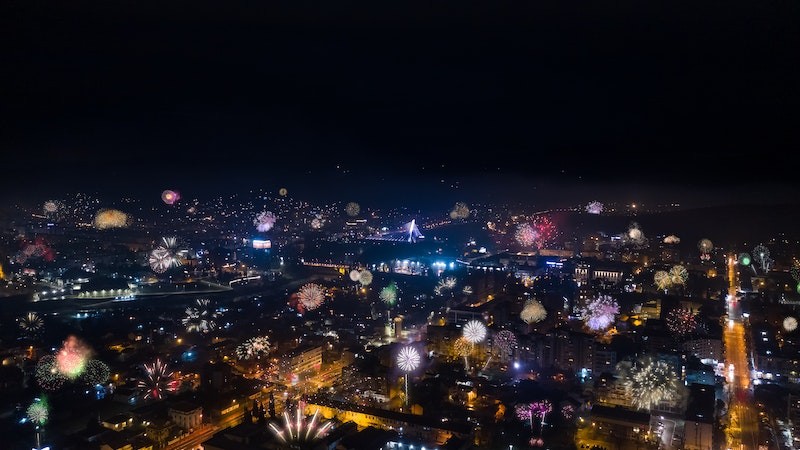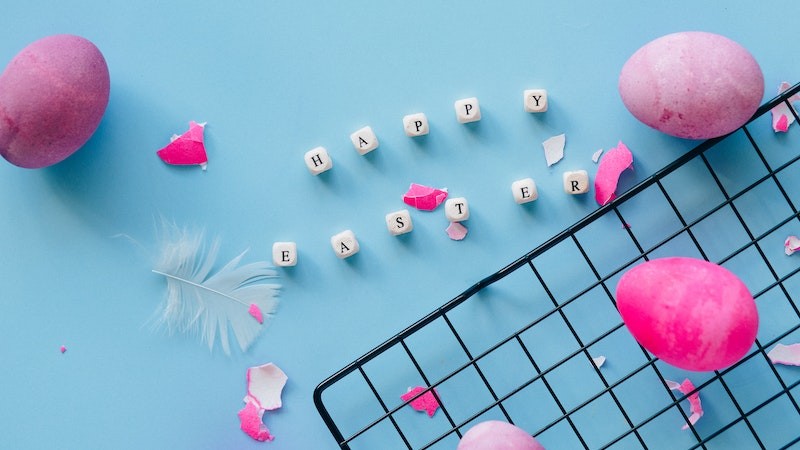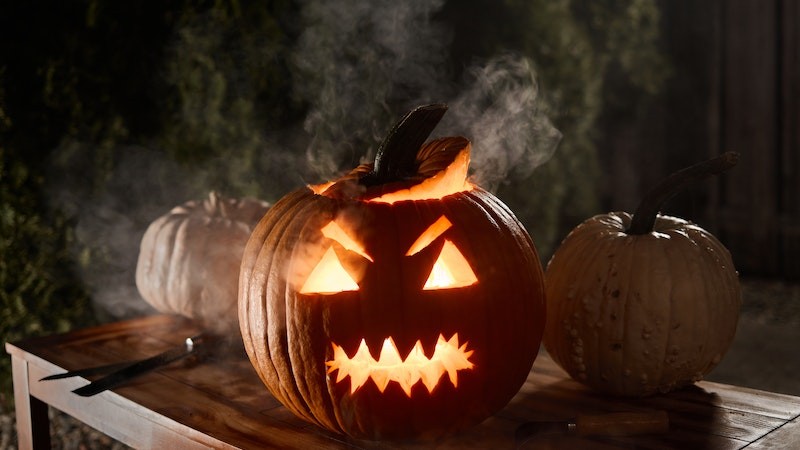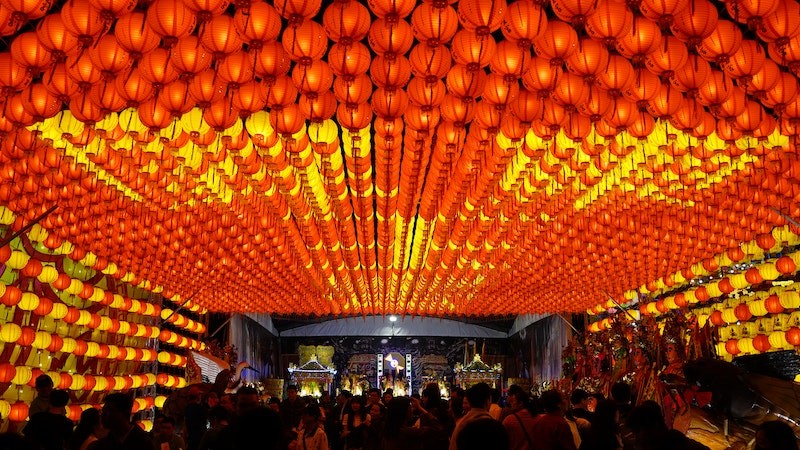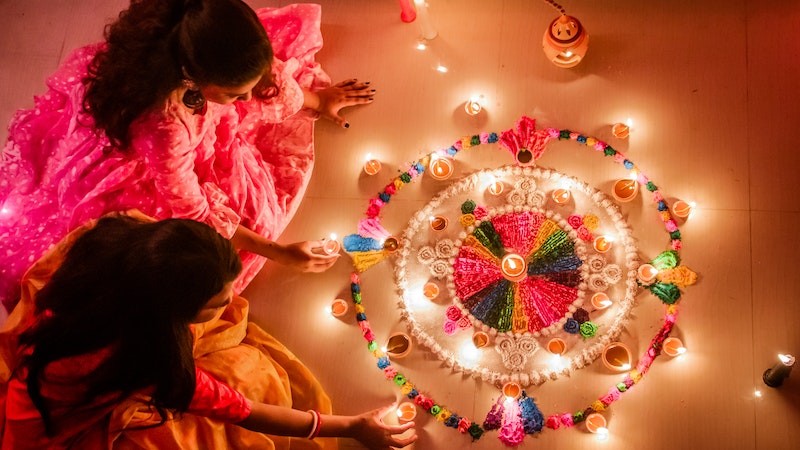
What is Diwali
Diwali is a holiday that honors the victory of good over evil and is known as the "festival of lights" in India.
Diwali All Quick Overview
- Category: Festival
- Where it’s Marked: India
- Why it’s Marked: Numerous Hindus, Sikhs, and Jains honor the day worldwide.
History of Diwali
What caused its creation is difficult to determine at this point. Various events are attributed by multiple persons as the reason for this festival. The following list of legendary and chronological explanations for Diwali (Deepavali) celebrations may be helpful.
- The Ramayana, a famous Hindu epic, contains the most well-known tale surrounding Diwali. Therefore Rama, his loyal wife Sita, and their obedient brother Lakshmana left into exile. When Sita was taken captive by Ravana, the evil emperor of Lanka, and brought to his island realm of Lanka. He saved Sita, and fourteen years later, he came back. Hearing that their beloved prince was returning home made the populace tremendously pleased.
- We learn from the Mahabharata how the Kauravas, the brothers of the five royal brothers, defeated the Pandavas in a dice game (gambling). The ordinary people lighted dazzling clay lights throughout their state to celebrate the auspicious occasion of the Pandavas' homecoming. The Pandavas were required to live in exile for 13 years due to a law placed upon them.
- Devas (gods) and Asuras (demons) were mortal long ago. As with us, they had to pass away eventually. Nevertheless, they desired eternal life. To find Amrita, the nectar of immortality, they swirled the ocean, and goddess Lakshmi, who appeared on the Kartik month's new Moon, is the monarch's child of the milky ocean. Lord Vishnu married her later that night. Lakshmi, the goddess of riches, is also said to have emerged from the sea on this particular Diwali day.
- The mythical Hindu king of India known for his sage advice, bravery, and big heart, King Vikramaditya, is thought to have been anointed and proclaimed king on Diwali day in 56 B.C.
- Divine Kali Another myth claims that long ago when the gods had fallen to the demons in a conflict, Goddess Kali was born from the forehead of Goddess Durga to protect heaven and earth from the demons' escalating brutality. Since then, people have celebrated Kali Puja, observed in many regions of India around the same time as Diwali, as a way to remember this unforgettable occasion.
- Jains celebrate Diwali to remember Vardhamana Mahavira, the 24th and last Tirthankara of the Jains, and the founder of modern Jainism, who attained enlightenment on October 15, 527 B.C.
How to celebrate Diwali
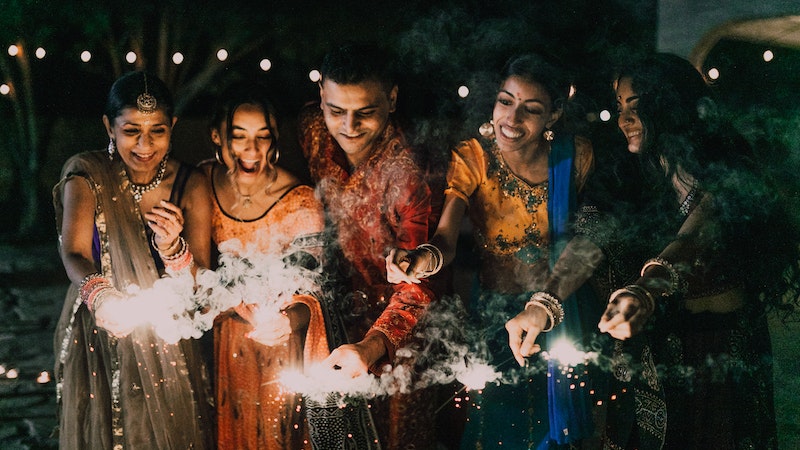
It's a season when individuals exchange gifts with their loved ones, just like Christmas. People prepare for this occasion by cleaning, renovating, and adorning their homes and workplaces with flowers, vibrantly colored glow lights, and numerous elaborate decorative elements. Additionally, they hold devotional rituals and light candles and oil lamps (divas).
In keeping with the adage, "it is in giving that you receive," benevolence and sacrificial generosity are also seen in addition to abundance. After Lakshmi Puja, regard can be expressed to items associated with riches, such as books, wardrobes, businesses, and other furnishings. To wrap it up, the distribution of sweets and ‘prasad’ is considered a prerequisite following the event.
Countries that observe Diwali
Hinduism, Jainism, and Sikhism all celebrate Diwali as an important religious holiday. Some Buddhists also observe it as a remembrance of the day Emperor Ashoka transitioned to Buddhism in the third century BCE, even though it is not a fundamental Buddhist festival.
In the case of Sikhism, Amritsar residents rejoiced Diwali by lighting candles all around the city. The Jain community celebrates Mahavira's enlightenment and liberation.
Diwali celebrations vary according to the area and culture within the region of India itself. Some remember Diwali as the anniversary of Lakshmi and Vishnu's union, while others acknowledge it as Lakshmi's birthday. Hindus celebrate Diwali on the new Moon's nocturnal eve to entice Lakshmi, the goddess of riches, to appear.
On the contrary, the goddess Kali is revered in Bengal. Rama's triumphant return to his throne is commemorated during the North India festival, which ties it to the Dussehra holiday. Meanwhile, the celebration symbolizes Krishna's triumph over the demonic Narakasura in South India.
Interesting Facts about Diwali
Every celebration in Hinduism has its own set of myths, and Diwali is no exception. Most people adhere to a few fundamental tales and facts, making them distinct from others.
- Five days are devoted to celebrating Diwali.
- Over 2,500 years have passed since the first Diwali celebration.
- The celebration takes place on a crepuscular night.
- Oil massage should be performed before taking a bath because it is thought that doing so will stop financial losses.
- Celebrating the midnight before Diwali is important since it helps eradicate poverty from home.
- The setting off of firecrackers is the most well-known and ubiquitous Diwali custom. Since firecrackers and pyrotechnics were just too extravagant and only utilized by the royals until the 1900s, this is the latest change to Diwali celebrations.
Unique Diwali Celebration Ideas
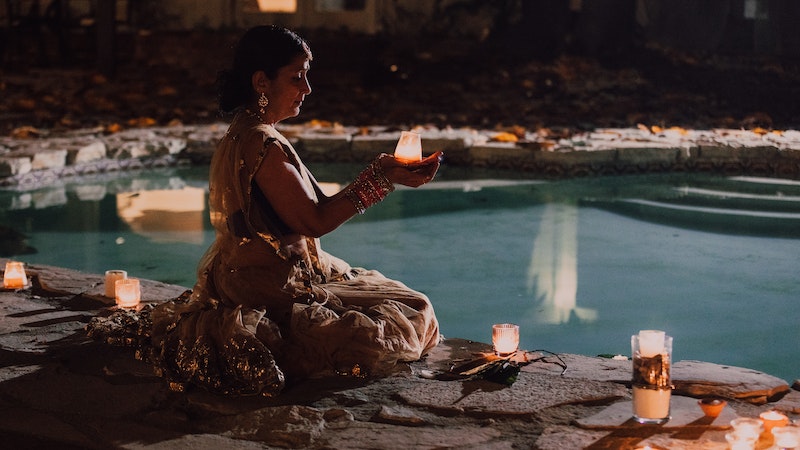
These Diwali celebration ideas will be a smashing success, whether at home or work!
- Greet visitors with marigold garlands
- Together, make desserts
- Mocktail Competition
- Make lovely Rangoli patterns
Diwali Quotes
"May it be a light to you in dark places when all other lights go out." ― J.R.R. Tolkien, The Fellowship of the Ring
“You have to find what sparks a light in you so that you in your own way can illuminate the world.” ― Oprah Winfrey
“Learn to light a candle in the darkest moments of someone’s life. Be the light that helps others see; it is what gives life its deepest significance.” ― Roy T. Bennett, The Light in the Heart
FAQ
1. What should we not do on Diwali?
Even though the list of do’s and don’ts could probably go on and on, let's just the obvious that should be done during any festival, especially about Hindus in a religious circumstance. Avoid preparing meat or other non-vegetarian cuisines at home, and refrain from drinking alcohol.
2. Why is it inappropriate to use candles during Diwali instead of lamps?
Simply put, oil lamps allow us to rid our minds and soul of negativity. On the contrary, candlelight draws ominous, unsettling emotions. It makes room for uplifting thoughts to enter.
3. Is lighting up the house's inside and outside with lamps essential?
The answer is a big NO. If you have had physics or even Chemistry, you would be able to guess this answer ideally by now! Since fire can quickly disperse, it can cover all aspects of a house, thus making this tradition not vital for the occasion.
4. What foods are consumed on Diwali?
A vital component of the Diwali celebrations is the consumption of mithai or sweets and desserts from the subcontinent. While they differ by location, some popular ones include laddoos, barfis, and the somewhat doughnut-like Balushahi.
5. What is the meaning of the word ‘Diwali’?
Diwali is derived from the Sanskrit term Deepavali, which signifies "row of lights." Deep means "bright," while avail means "a row."
6. Why does the date for Diwali change every year?
The Moon's position determines the date of Diwali. Therefore, this is celebrated on several occasions. Kartik month is when it takes place.
Diwali Observances
| Year | Weekday | Date | Name |
|---|---|---|---|
| 2021 | Thursday | 04 November | Diwali |
| 2022 | Monday | 24 October | Diwali |
| 2023 | Sunday | 12 November | Diwali |
| 2024 | Friday | 01 November | Diwali |
| 2025 | Tuesday | 21 October | Diwali |
| 2026 | Sunday | 08 November | Diwali |
We constantly update the dates of holidays that keep changing every year. However, while we revise and change some dates to be accurate, if you find any errors, kindly inform us . That will mean a lot to us.
